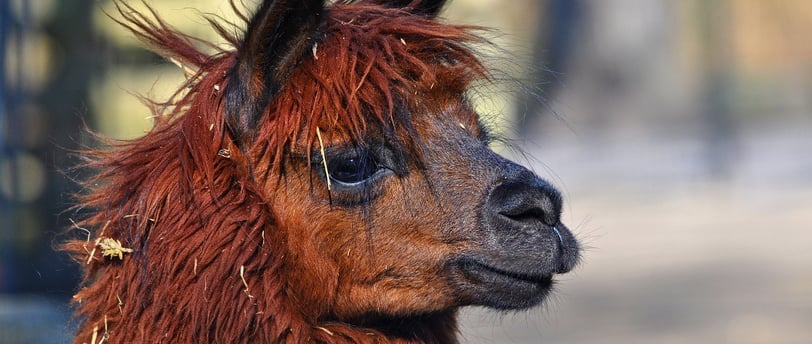Exploring Natural Fibers: The Sustainable Choice for Eco-Friendly Fashion
Textile fibers are the building blocks of fabrics, ranging from natural to synthetic, shaping the texture and quality of garments.
SHIVTEJ THORAT
9/27/20243 min read


INTRODUCTION
Natural fibers have long been celebrated for their unique properties and environmental benefits, making them a cornerstone of sustainable fashion and textiles. As the world increasingly turns towards eco-friendly alternatives, these fibers—derived from plants, animals, and minerals—offer a versatile solution that balances aesthetics with ethical considerations. From the breathable softness of cotton to the luxurious sheen of silk and the durability of hemp, natural fibers not only enhance the quality of garments but also promote a sustainable lifestyle. In this exploration of natural fibers, we’ll delve into their origins, characteristics, and the innovative ways they are being integrated into modern textiles, paving the way for a more sustainable and stylish future. Join us as we uncover the fascinating world of natural fibers and their pivotal role in reshaping the fashion industry!
What Are Natural Fibers?
Natural fibres are derived from renewable sources—plants, animals, and minerals—making them biodegradable and environmentally friendly. Unlike synthetic fibers, which are often petroleum-based and can contribute to pollution, natural fibres offer a sustainable alternative that benefits both the wearer and the planet.
Types of Natural Fibers
1. Cotton: One of the most popular natural fibers, cotton is loved for its softness and breathability. Organic cotton, grown without harmful pesticides, is an even more sustainable choice.
2. Linen: Made from flax plants, linen is known for its durability and moisture-wicking properties. It’s perfect for warm climates and offers a unique texture that becomes softer with each wash.
3. Wool: Sourced from sheep, wool is renowned for its insulation and moisture-wicking capabilities. Merino wool, in particular, is lightweight and incredibly soft, making it ideal for clothing that transitions from winter to spring.
4. Hemp: Hemp fibers are incredibly strong and durable, making them a fantastic choice for sustainable fashion. This fast-growing plant requires minimal water and no pesticides, highlighting its eco-friendly credentials.
5. Bamboo: Bamboo fibers are incredibly soft, breathable, and naturally antibacterial. Sustainable bamboo farming practices make this a favored choice for environmentally conscious consumers.
6. Silk: A luxurious natural fiber, silk is produced by silkworms and is known for its lustrous sheen and smooth texture. While traditional silk production can be resource-intensive, options like peace silk prioritize ethical practices.
The Benefits of Natural Fibers
Biodegradable: Natural fibers decompose easily, reducing their impact on landfills and the environment.
Breathability: They allow air circulation, keeping you cool and comfortable, especially in warmer climates.
Hypoallergenic: Natural fibers are less likely to irritate the skin compared to synthetic alternatives, making them suitable for sensitive skin.
Sustainability: Many natural fibers are renewable and require less energy to produce compared to synthetic fibers, contributing to a lower carbon footprint.
The Role of Natural Fibers in Sustainable Fashion
As the fashion industry continues to grapple with its environmental impact, natural fibers play a crucial role in promoting sustainability. Brands are increasingly incorporating organic cotton, hemp, and bamboo into their collections, appealing to consumers who prioritize eco-friendly choices.
Many fashion labels are now focusing on transparency, providing information about the sourcing and production of their natural fiber garments. This shift towards ethical fashion allows consumers to make informed choices, ensuring their purchases align with their values.
Now a day, a new trend with natural fibres is getting boomed with different names like that of:
Eco-friendly textiles
Sustainable fashion
Organic cotton
Hemp clothing
Bamboo fabric
Biodegradable materials
Ethical fashion
Natural fiber garments
Slow fashion
- Conscious
The rise of natural fibers marks a pivotal moment in the fashion industry, offering consumers a way to express their style while being mindful of their environmental impact. As we continue to embrace sustainable practices, natural fibers will remain at the forefront of the movement, proving that fashion can be both beautiful and responsible.
Whether you're a fashion enthusiast, a conscious consumer, or someone simply looking to make better choices, exploring the world of natural fibers opens up a realm of possibilities. Let’s celebrate the beauty and benefits of natural fibers and contribute to a more sustainable future, one garment at a time!
